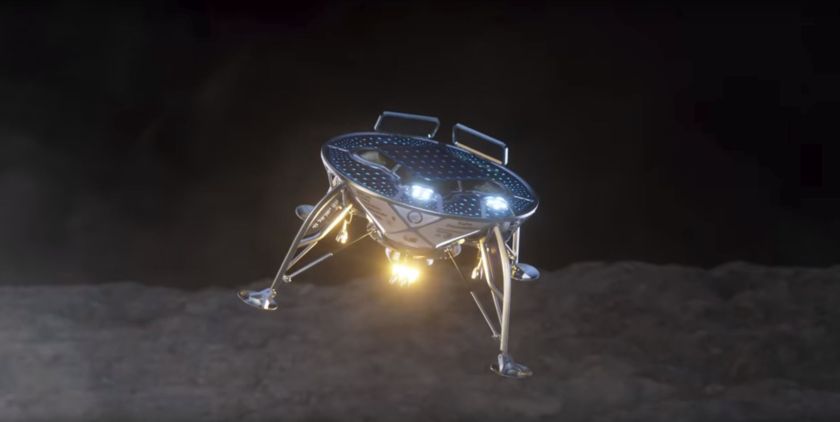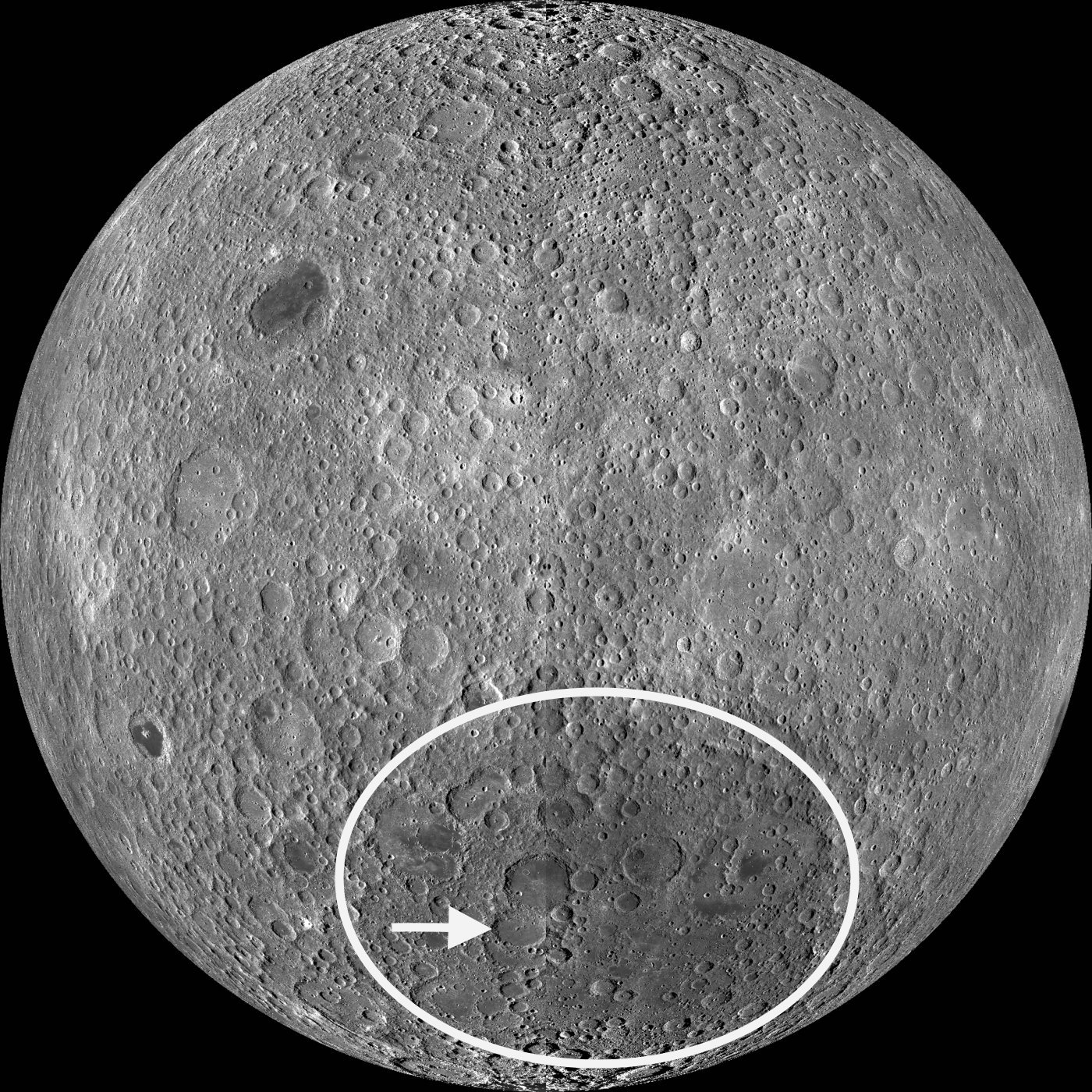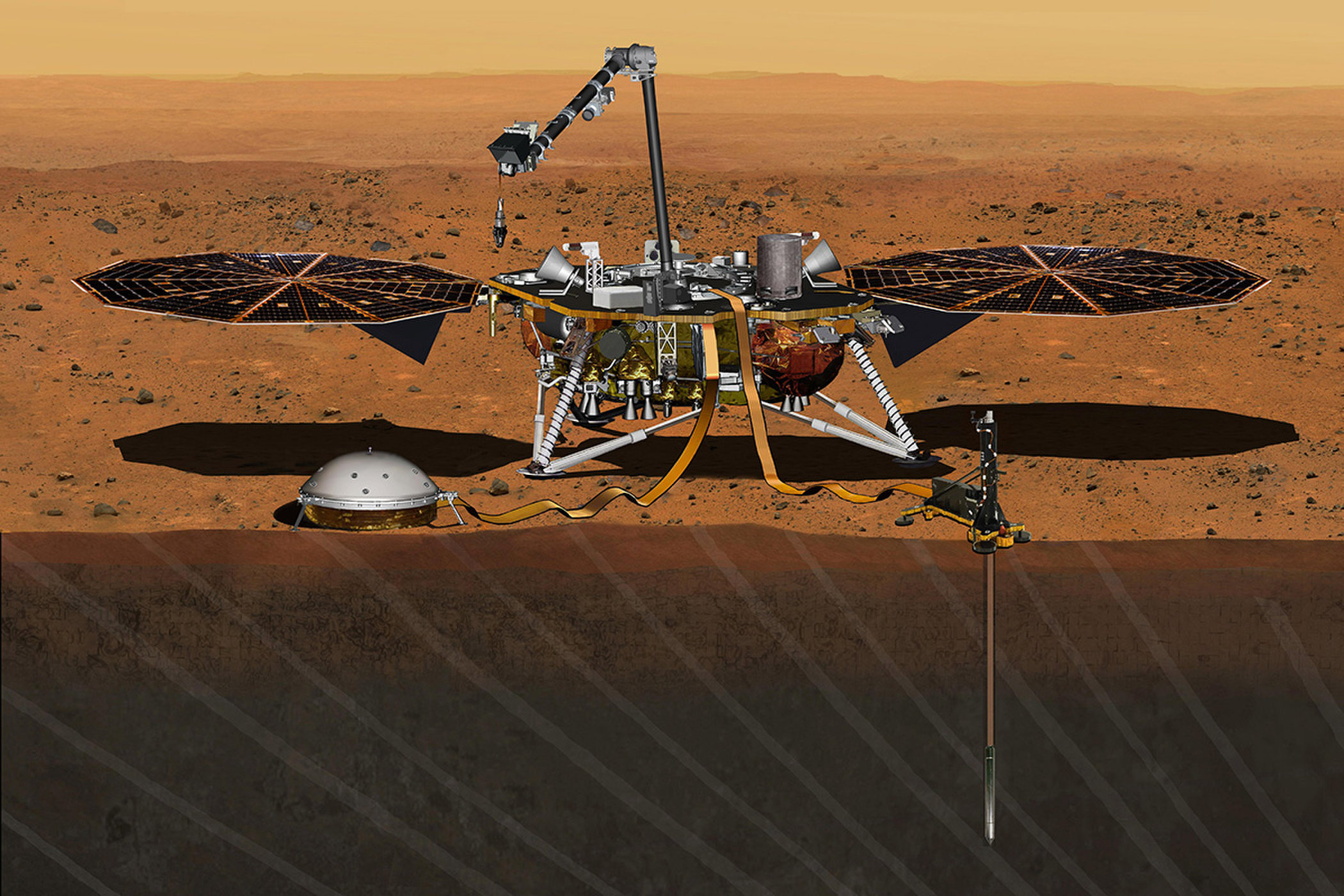ESA successfully launches JUICE probe
by AOP Astronomer Gavin Ramsay Today the European Space Agency (ESA) successfully launched its Jupiter Icy Moons Explorer (JUICE) mission from Kourou in French Guiana on an Ariane 5 launcher after it was delayed for a day due to a weather forecast of potential storms. In the planning stage for Read more






























